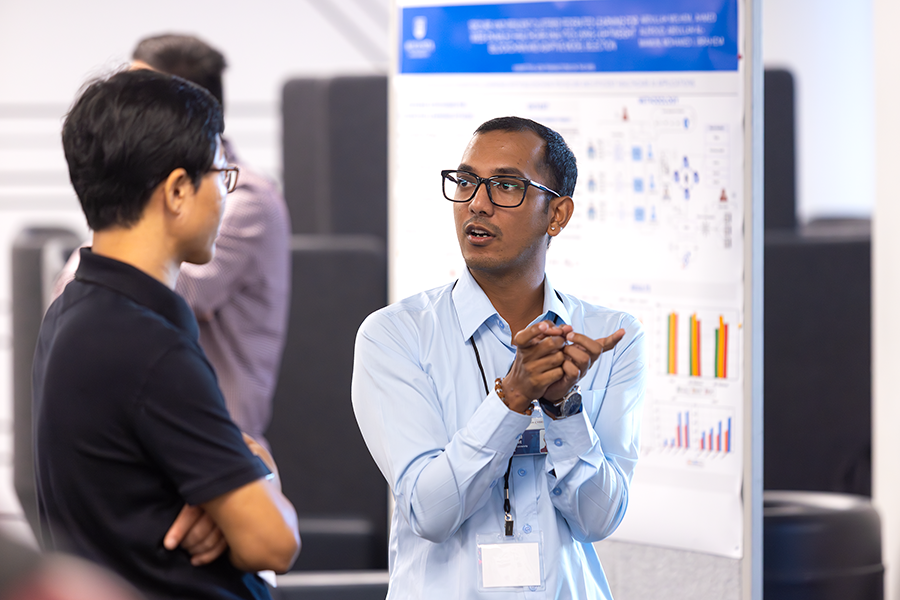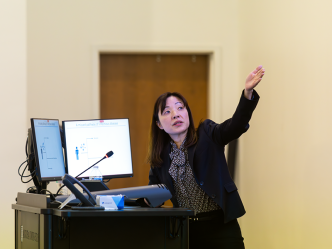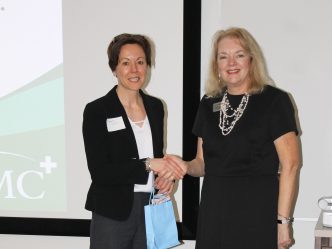Augusta University holds a distinct position in Georgia and the region. As the flagship health sciences and medical research university for the University System of Georgia, it is also the only institution in Georgia to have earned the National Security Agency’s National Centers of Academic Excellence designations in both cyber defense and cyber operations.
AU features a collaborative, multidisciplinary research enterprise that partners with corporations, communities and government entities. This allows AU to drive groundbreaking discoveries and real-world solutions that tackle critical health, security, economic and societal concerns, ultimately enhancing the human experience.
On Friday, Sept. 5, AU’s School of Computer and Cyber Sciences showcased this collaboration by hosting the 2025 Cyber-Physical Systems Innovation Symposium at the Hull-McKnight Building of the Georgia Cyber Innovation and Training Center. The symposium was co-organized with the University of Georgia and co-chaired by Konstantin “Costas” Busch, PhD, department chair and professor in the Department of Computer Science at AU, and WenZhan Song, PhD, the Georgia Power Mickey A. Brown Professor in computer engineering and founding director of the Center for Cyber-Physical Systems at UGA. This marked the fourth year of the event, with AU taking the point as the lead institution of a National Science Foundation Innovation Engine grant that sponsors the annual symposium.
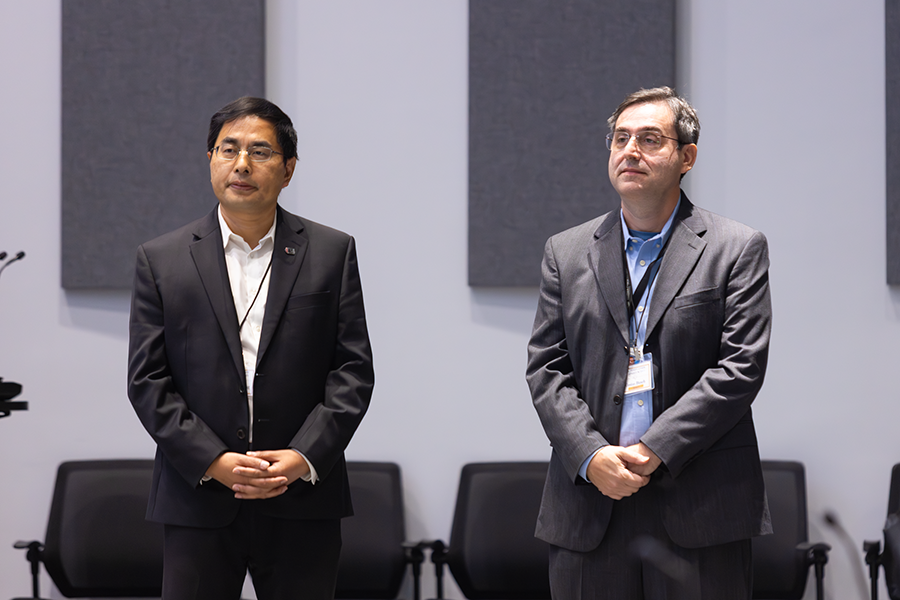
Over 100 cybersecurity professionals, faculty, staff and students registered for the event that featured a full day’s worth of presentations and conversations based around cybersecurity, cyber-physical systems, edge computing, Internet of Things and medical devices. In particular, this year’s symposium focused on the interaction of cybersecurity and artificial intelligence in cyber-physical systems and how AI can help improve cybersecurity aspects of cyber-physical systems while making the use of AI in such systems more secure.
“We are thrilled to host this annual symposium in Augusta,” said Alexander Schwarzmann, PhD, dean of the School of Computer and Cyber Sciences. “It brings together professionals and educators from several of our partners and neighbors in the region and is a fantastic forum for the exchange of ideas on the ever-changing state of technology, including AI and cybersecurity.”
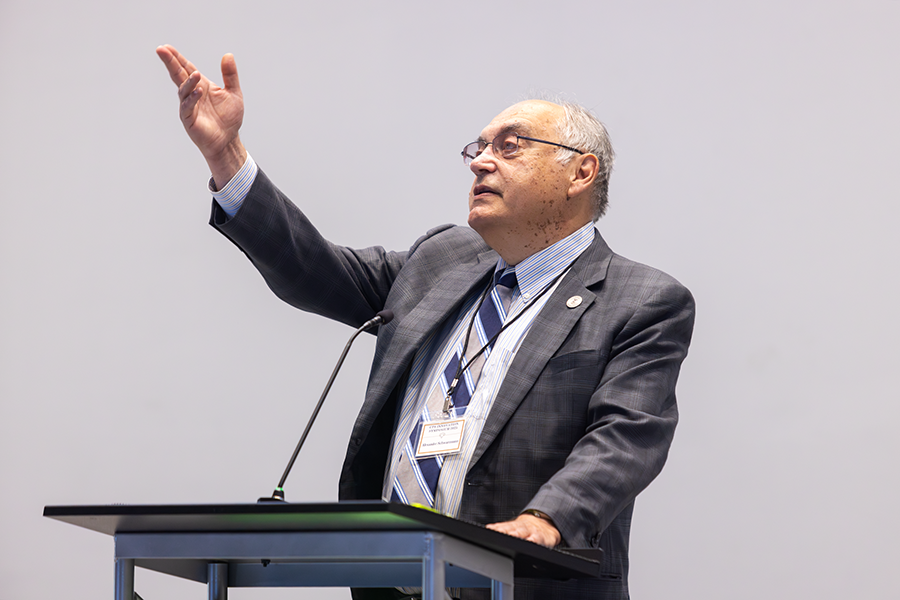
Included in the day’s numerous presentations were a pair of keynote addresses. The morning keynote was titled, “Putting Science to Work in Cyber-Physical Systems,” and was delivered by Tammy Taylor, deputy laboratory director of Savannah River National Laboratory. The afternoon keynote, “Innovation and Cybersecurity: Challenges and Opportunities in AI-Driven Manufacturing,” was delivered by Jaime Camelio, PhD, former program director for the National Science Foundation Innovation Corps program and professor of Mechanical Engineering at UGA.
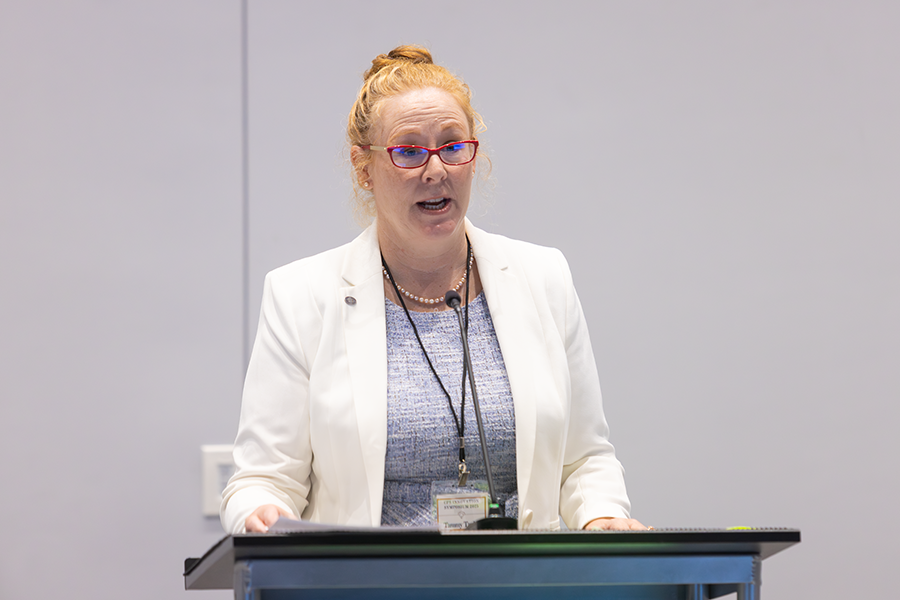
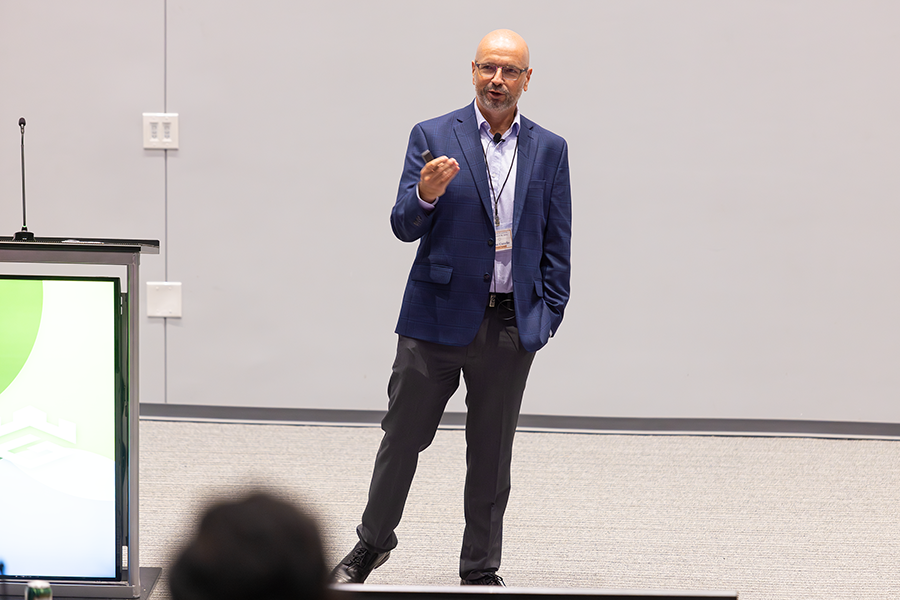
“The symposium gave an excellent opportunity to strengthen the collaborative activities between the School of Computer and Cyber Sciences with regional industrial and government partners,” said Busch. “It also brought together representatives from different colleges and schools and inspired fruitful research discussions. We are grateful to the keynote speakers, presenters and all participants for making this a successful event.”
Augusta University was represented by eight presenters spanning the School of Computer and Cyber Sciences, Medical College of Georgia at Augusta University, Dental College of Georgia and the School of Public Health.
Presentations by AU representatives included:
- Michael Nowatkowski, PhD, professor and director of AU’s Cyber Institute, School of Computer and Cyber Sciences – “Medical Device Security”
- Sejong Bae, PhD, professor and chair of the Department of Biostatistics, Data Science, and Epidemiology, School of Public Health – “Leveraging AI and Machine Learning to Transform Clinical Trials: Enhancing Design, Analysis, and Outcomes Through Real-World Evidence”
- Arni S.R. Srinivasa Rao, PhD, professor and director of the Laboratory for Theory and Mathematical Modeling, Medical College of Georgia – “The First AI Model for COVID-19 Identification, and How It Worked”
- Kim Capehart, DDS, PhD, associate dean and professor, Dental College of Georgia – “Implications of AI in Dentistry”
- Zi Wang, PhD, assistant professor, School of Computer and Cyber Sciences – “When Sensing Meets Intelligence: Building Ubiquitous Human-Centric Systems for Everyday Life”
- Jason Orlosky, PhD, associate professor, and Alireza Taheritajar, PhD student, School of Computer and Cyber Sciences – “Scalable Object Detection in Mixed Reality using Incremental Re-training and One-shot 3D Annotation”
- Justin Henry, PhD student, School of Computer and Cyber Sciences – “Encountering Complications Involving NIDS and ML Research for CPS”
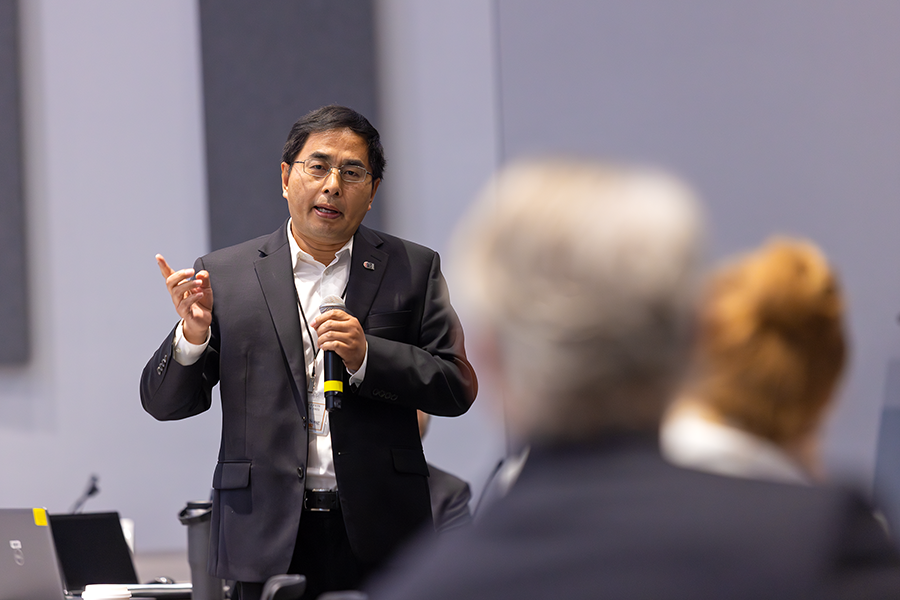
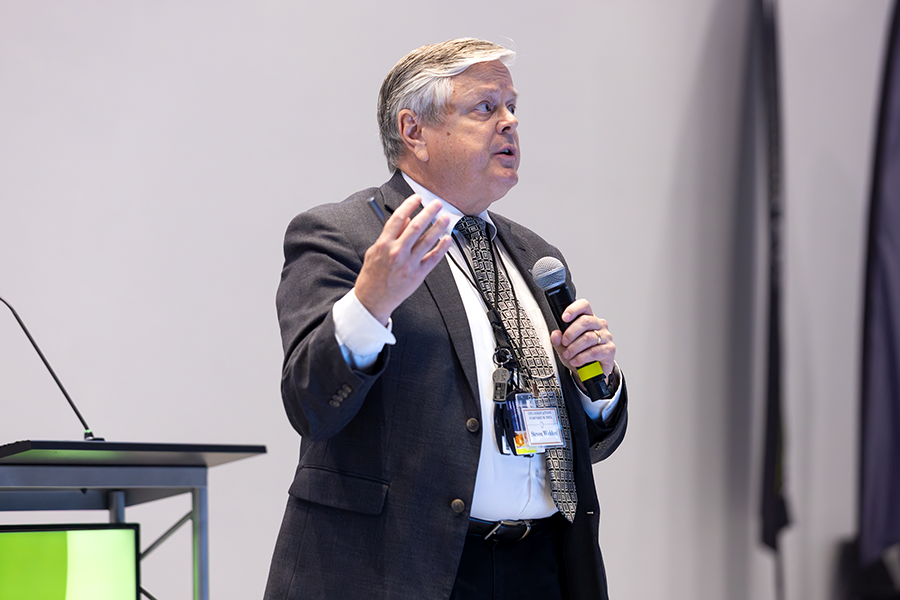
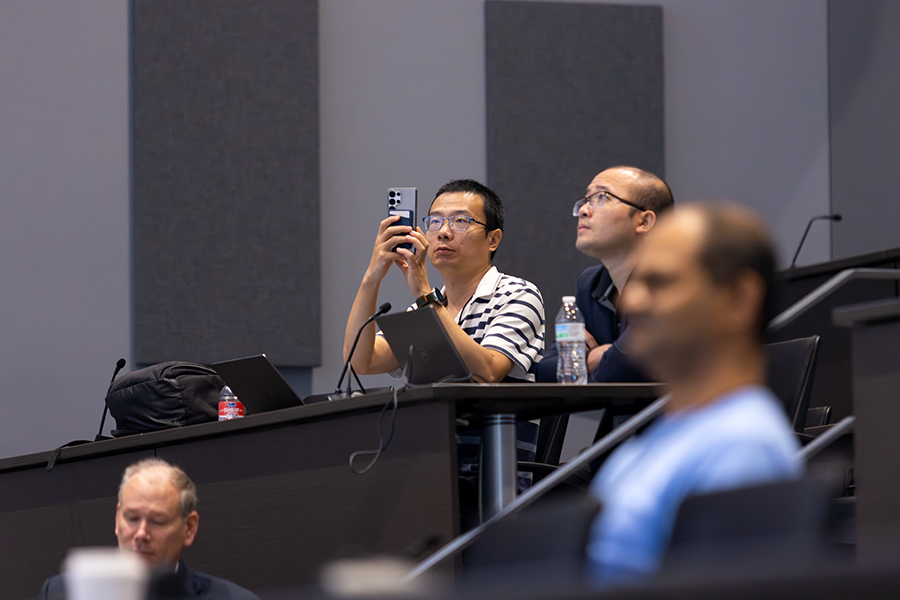
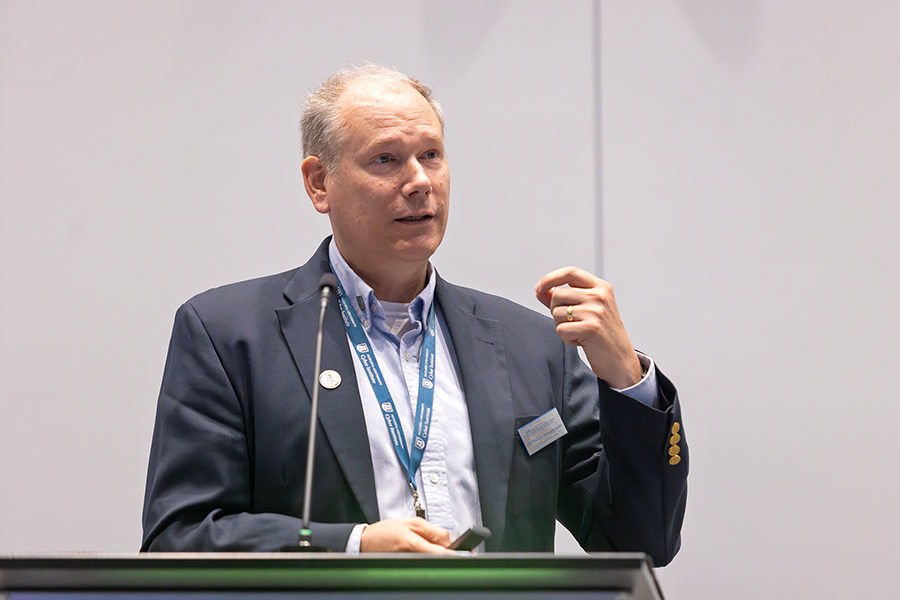
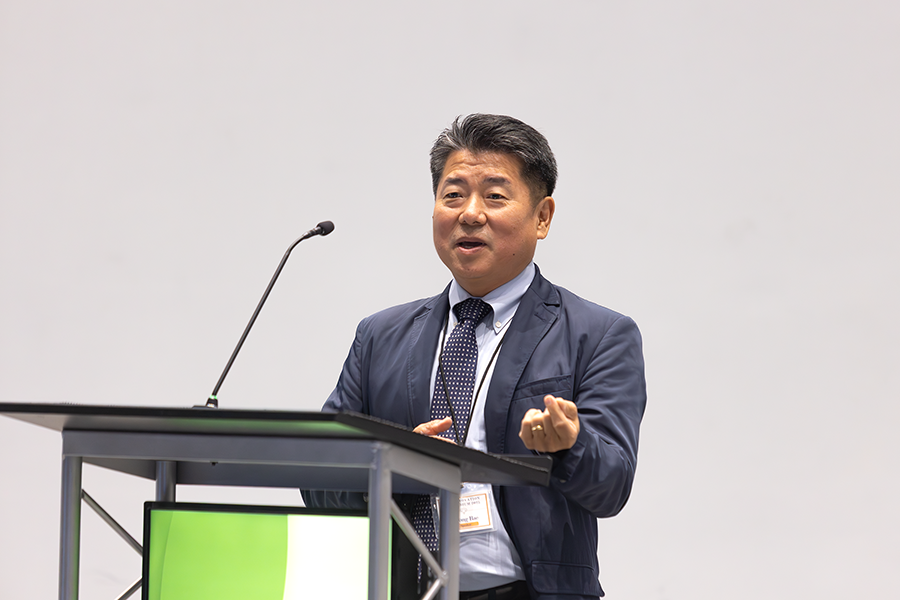
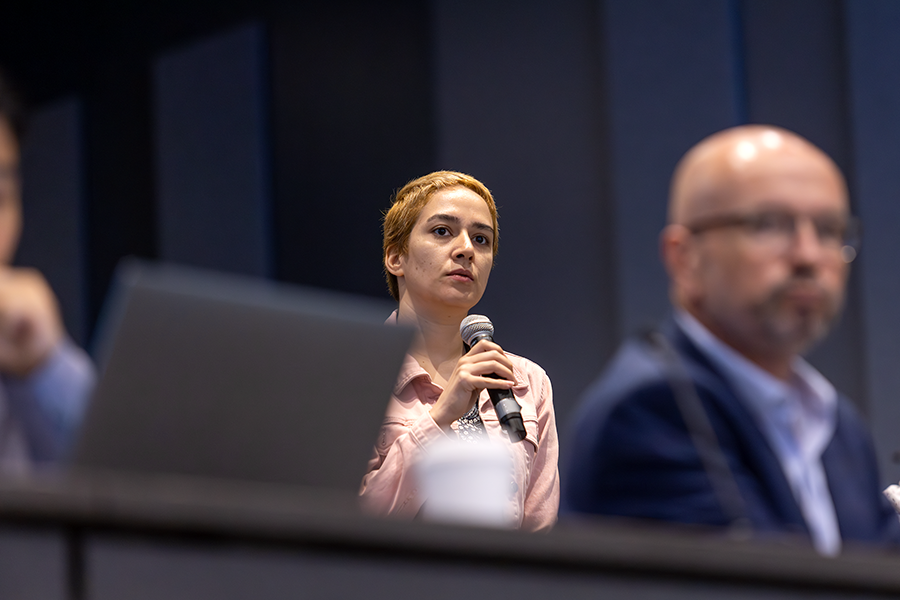
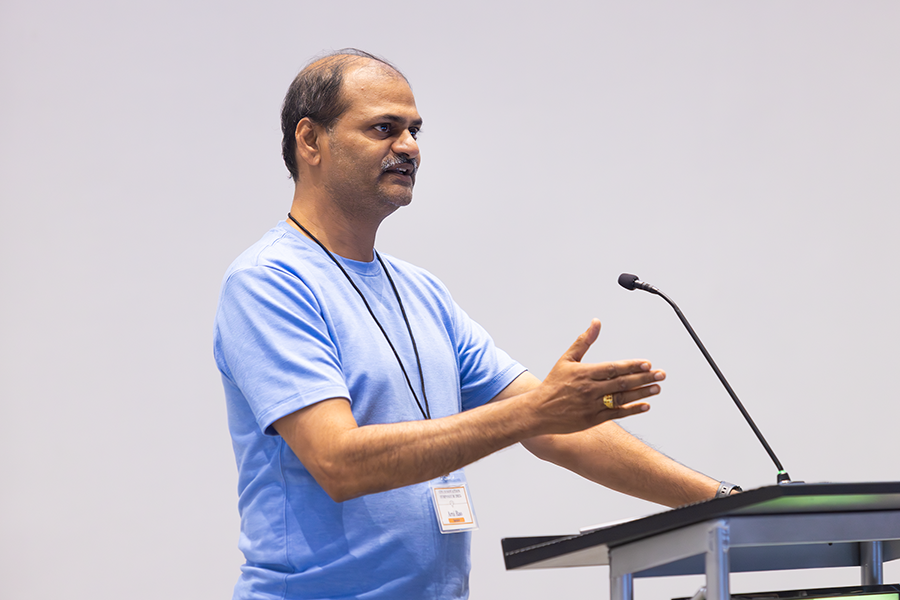
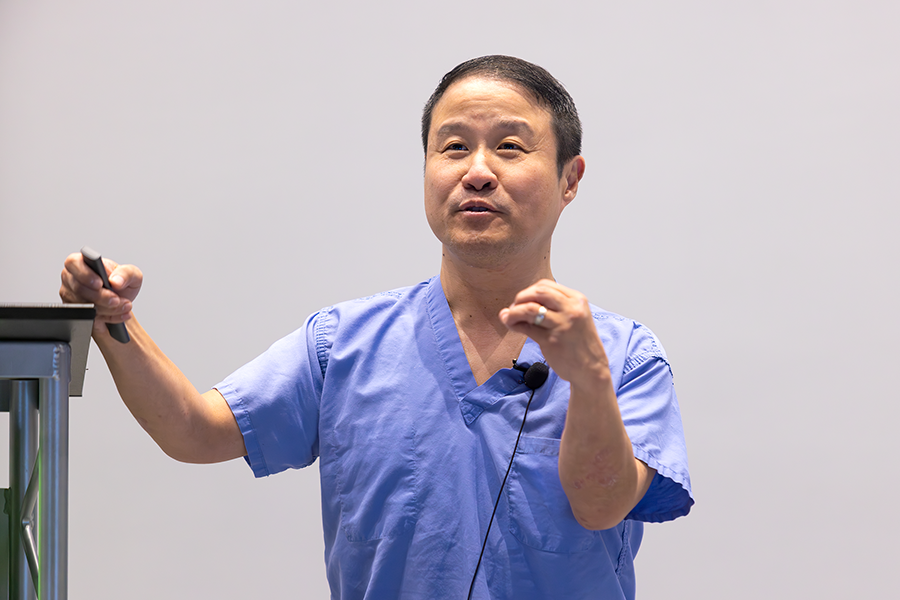
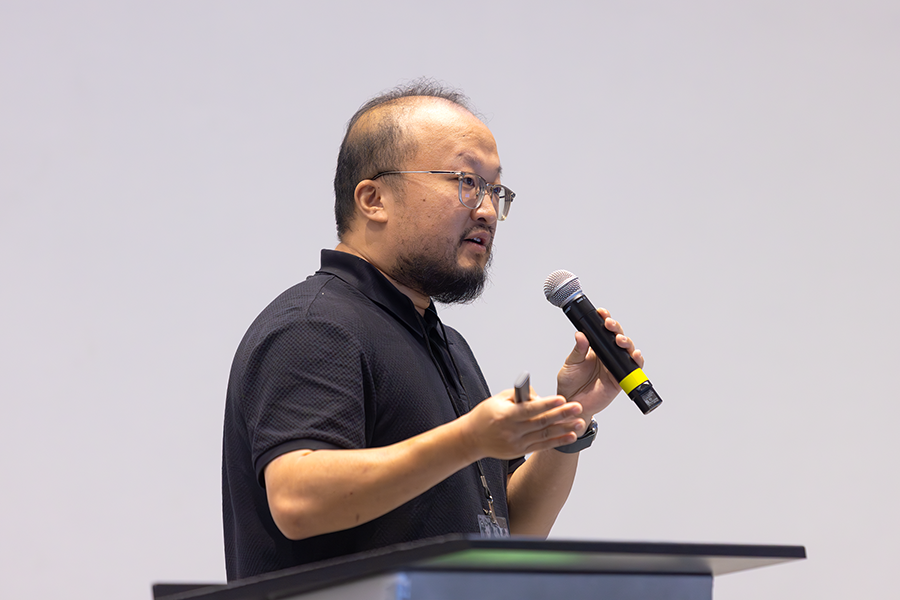
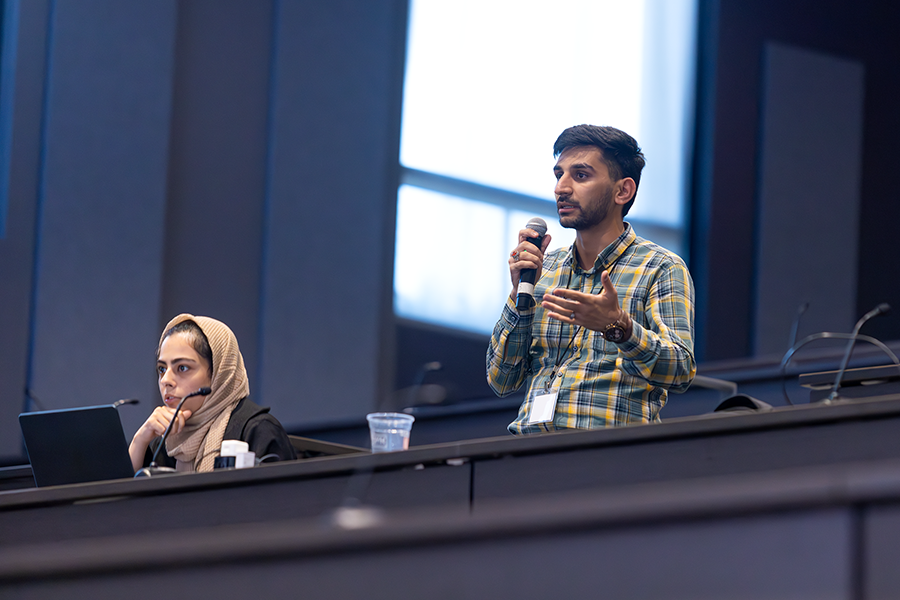
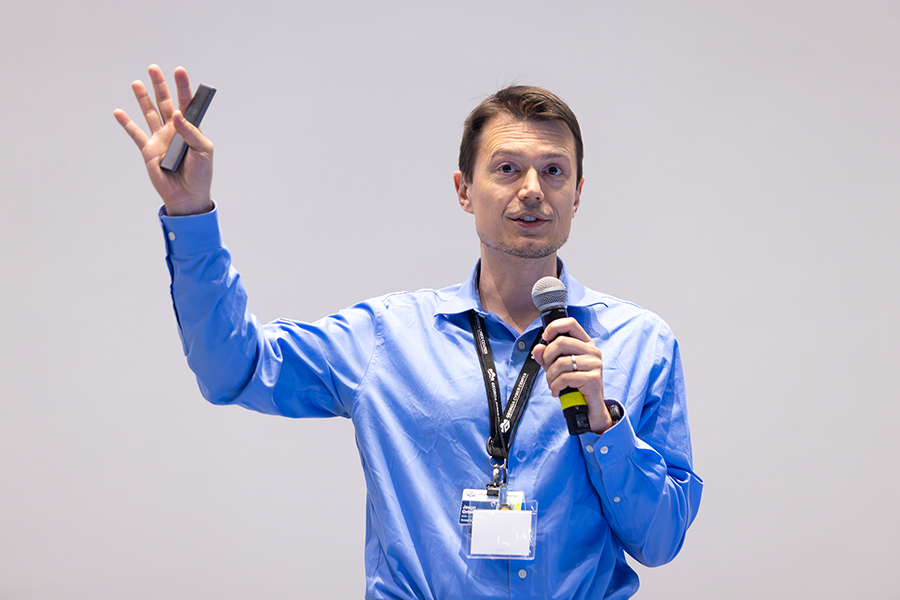
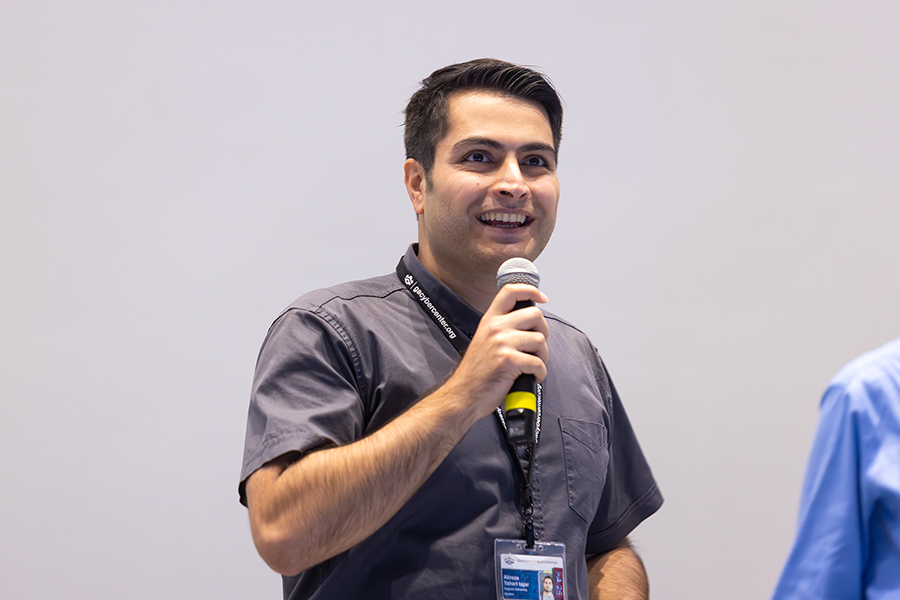
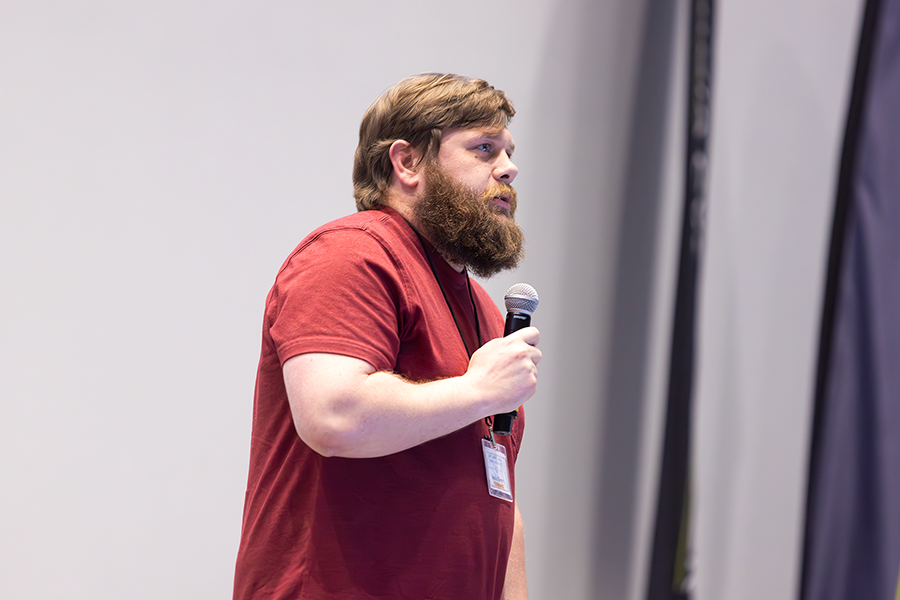
In between the six presentation sections, a poster session was held just outside the doors of the auditorium, where 10 AU PhD students and candidates shared about their research alongside faculty from UGA and others.
- Pouria Rad – “Mapping the Research Landscape – An Exploratory Analysis of AI Applications in Digital Forensics”
- Prajwal Basnet – “FlushSync: Hardware Resource Stalling from Asynchronous Services in LSM-tree based Stateful Streaming Processing”
- Abdullah Melhem – “Secure and Resilient Clustered Federated Learning for Web-Enabled Healthcare Analytics Using Lightweight Blockchain and Adaptive Model Selection”
- Rajon Bardhan – “Integration of NLP in Digital Forensics: A Pilot Study of Practitioner Perceptions on Chat Data Analysis Tools”
- Ramesh Adhikari – “Efficient Transaction Processing in Blockchain Sharding”
- Mahdieh Heidaripour – “Organizing Records for Retrieval in Multi-Dimensional Range Searchable Encryption”
- Maksuda Rabeya – “WiFi Traffic Inspection for Obscured Devices”
- Hanieh Rashidpour – “Cross-Reality Asymmetric Collaboration”
- MD Mahady Hassan and Shawn Edwards – “AI-Driven Robust ECG Denoising and Cardiac Anomaly Detection Technique for Wearable Healthcare Devices”
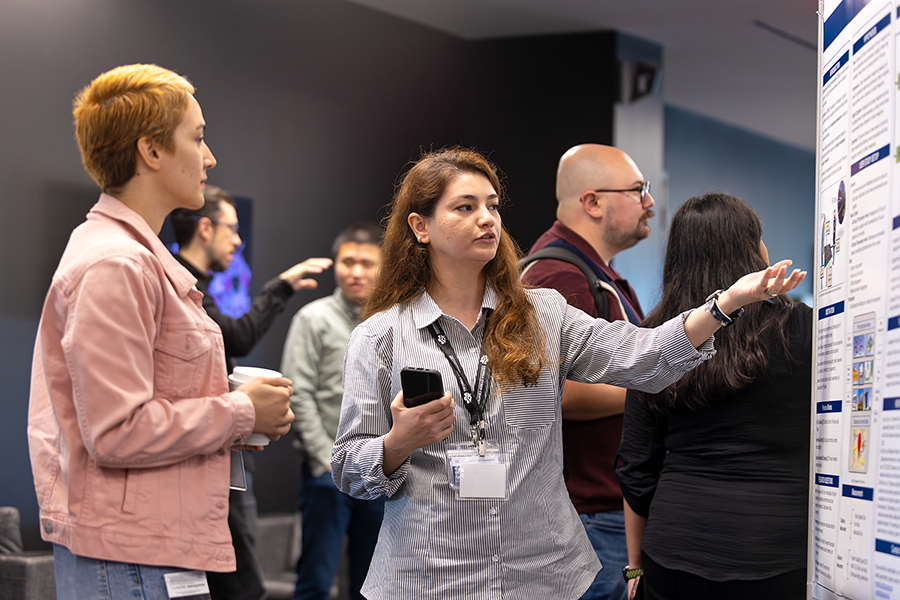
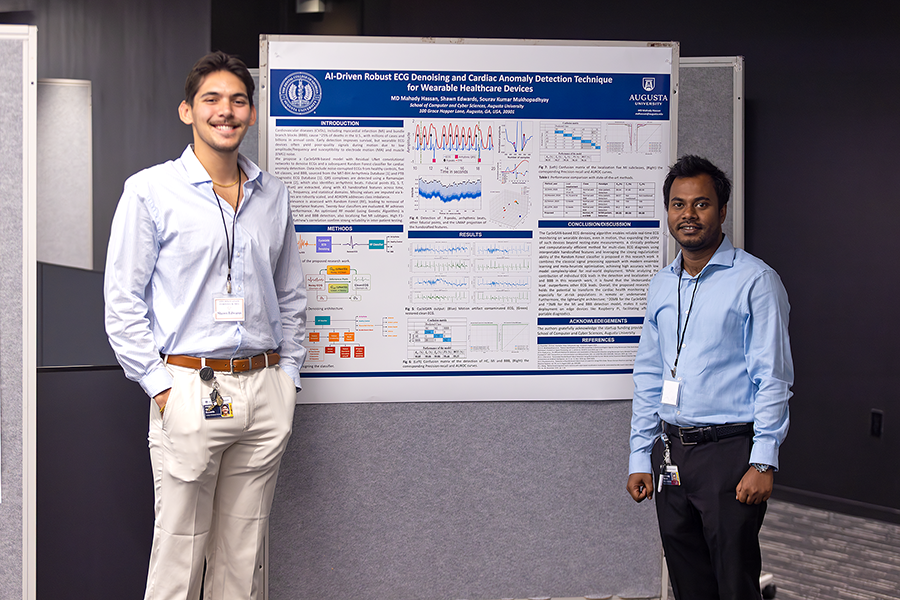
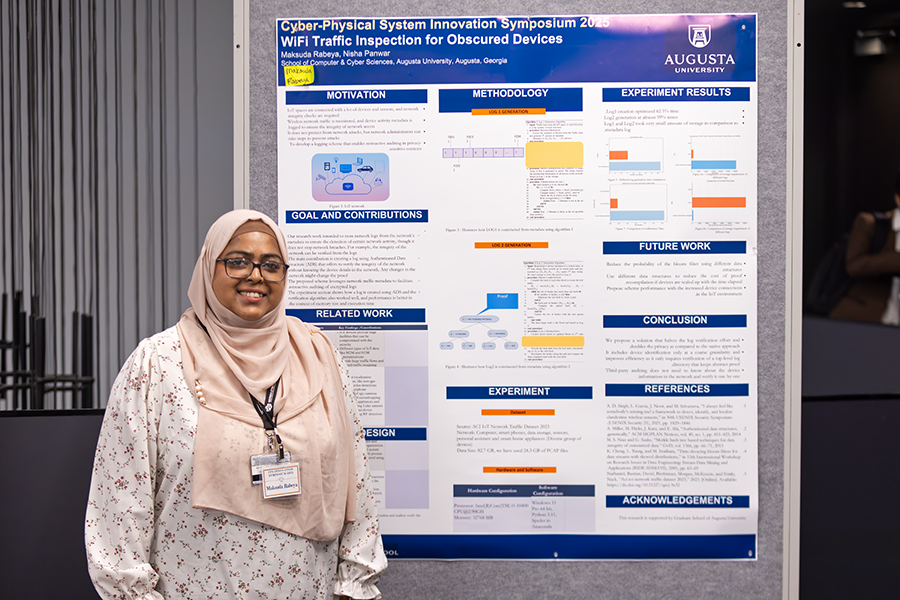
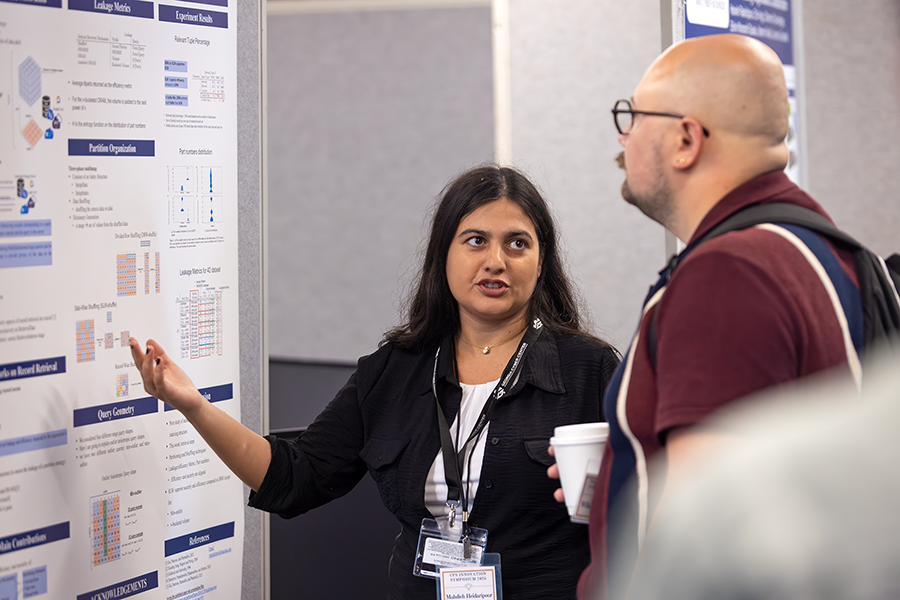
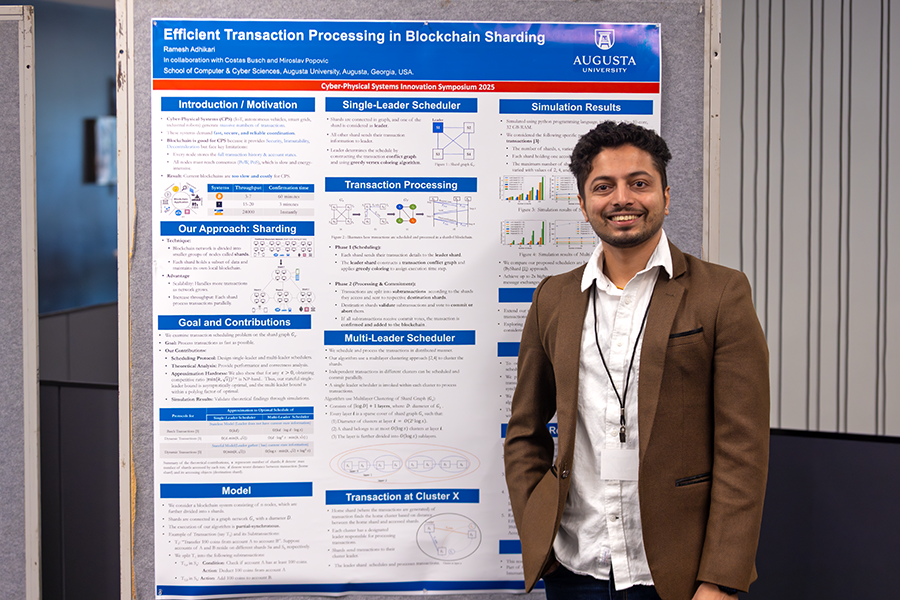
 Augusta University
Augusta University
